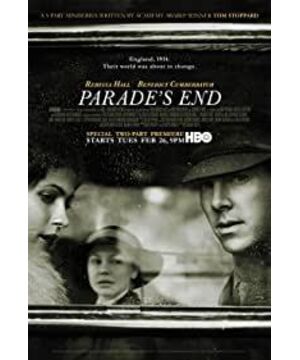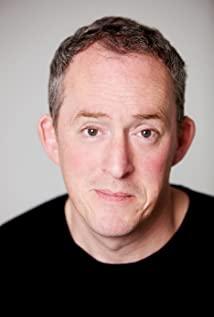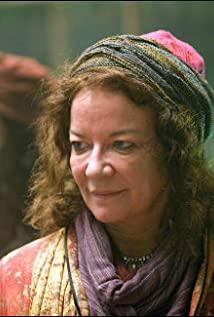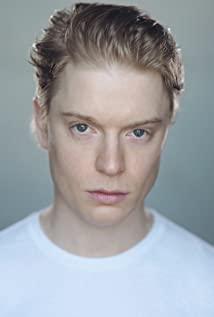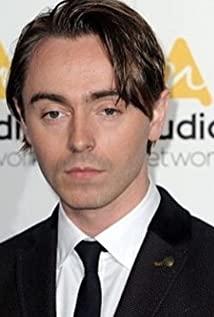The emotional entanglement of the three is always so worrying.
What does Sylvia mean to Christopher? The mother of the child, the wife in law, or the responsibilities that you have to bear after a relationship? Christopher married Sylvia home, then ignored her, and let her seduce men outside—he had sympathized with him and begged such a bohemian woman, but when he looked back, he realized that he was the most ruthless. He married her because he couldn't hold it on the train, because the child in her womb might be his, because he was of marriageable age who wouldn't marry; he was determined not to divorce, because she was the mother of the child, because they had Legal agreement because he has the principles of being a gentleman. From beginning to end, there is no emotion, only reason, and the only thing that transcends reason may be that physical impulse on the train.
What does Christopher mean to Sylvia? I still can't understand why Sylvia molested men on the one hand, and never had a physical affair after marriage; With a play by Christopher. Is it because of love? No, because I can't get it, I'm not reconciled. As a woman who is accustomed to playing with men in applause, as long as she has an idea, it is impossible for a man to refuse, so she can't stand Christopher's neglect of her after marriage, his indifferent attitude towards her, and no emotion towards her. The expression of - the most cruel thing is that she can't even get his hatred. So Sylvia may just have an obsession with Christopher, an obsession that she can't get. In fact, the most pitiful is Sylvia, no one has really loved her, all she has is a short-lived infatuation and a flash of passion, so she can't love.
Valentine is a fairy-tale existence, and every time the scene becomes bright, it is almost a little pink bubble. And this cruel world seems to be open to this innocent girl, and she has given her everything she wants - she passionately fought for women's suffrage, and then women could vote; she carefully fell in love with Christopher, and then Christopher So moved for her; she was looking forward to being with Christopher with all her heart, and when the war was over, Christopher was really with her—and it ended so well. Maybe he wanted to put his ideals on this girl, and he wanted to say that this cruel world might have exceptions. Some people questioned how, as a staunch participant in the feminist movement, he was willing to be someone's mistress. But I really can't see where the conflict between the two is - there is no love when there is an election, and there is an election when there is love - it just means that this girl is lucky.
The story ends with C and V together. This point is more suitable to end, and if it continues, it should be a new round of family ethics drama.
The question that still applies in the middle is:
what do you do when you get married and meet someone you think is your true love? By the way, is there any true love?
View more about Parade's End reviews


